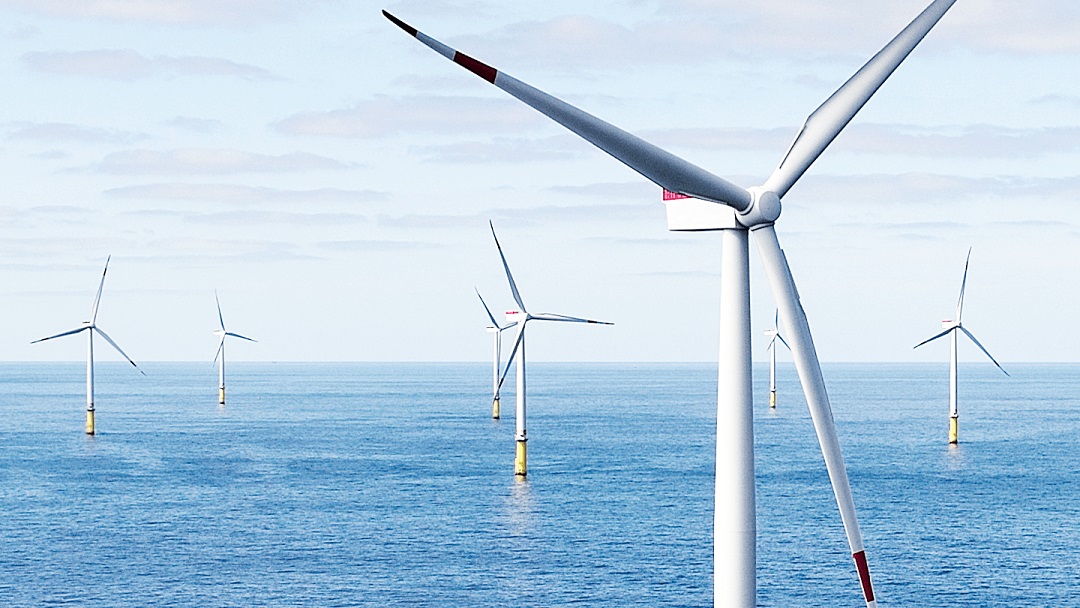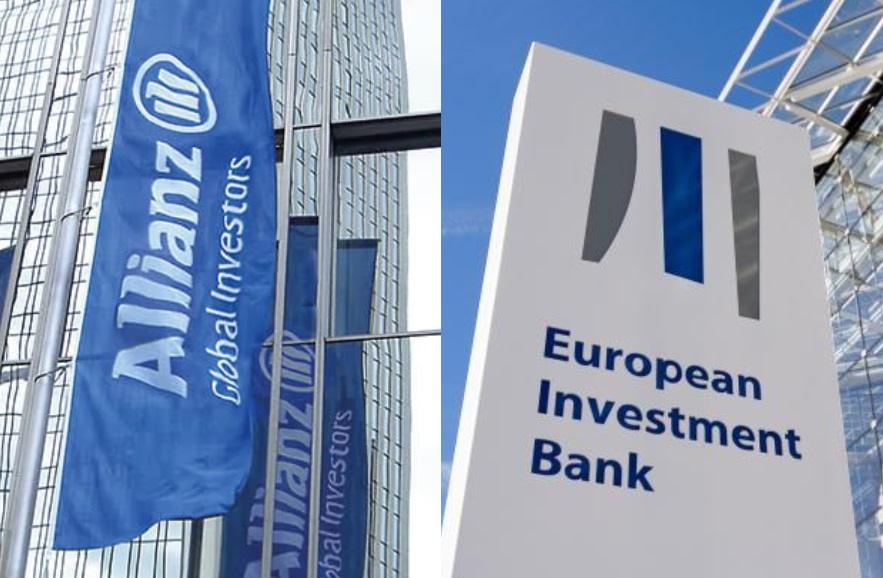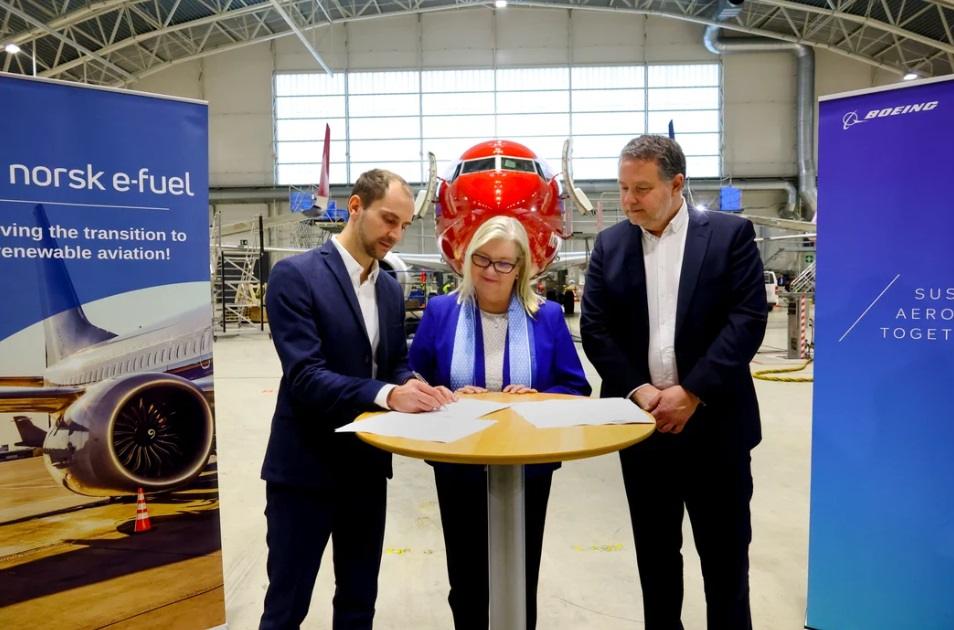Ørsted, WWF Partner to Address Biodiversity Impact of Offshore Wind Deployment
Nature conservation leader WWF and energy provider Ørsted announced today the formation of a new five-year global partnership aimed at addressing and enhancing the biodiversity impact of offshore wind deployments.
The new agreement comes as Ørsted looks to significantly ramp its offshore wind capacity over the next several years. In June 2021, Ørsted announced a target to grow its renewable energy capacity to 50 GW by 2030 and stated that it expects roughly 30 GW to come from offshore wind, 17.5 GW from onshore wind and solar PV and 2.5 GW from other renewables.
The company is currently involved in several major offshore wind development programs, including a recently awarded contract for the world’s single biggest offshore wind farm, UK’s Hornsea 3.
Offshore wind deployments can often result in harmful impacts to ocean biodiversity, however, including habitat loss, collision mortality, and noise, among other effects. Ørsted has committed by 2030, all of its new projects commissioned must have a net-positive biodiversity impact.
Mads Nipper, Group President and CEO of Ørsted, said:
“Governments accelerate the build-out of offshore wind energy to end their dependence on fossil fuels and power the world sustainably. If done in the right way, offshore wind projects can enhance ocean biodiversity, improving ocean health, and thereby address both the climate and biodiversity crises.”
Under the new partnership, Ørsted and WWF will innovate and test tangible initiatives that improve ocean biodiversity, develop science-based recommendations for how governments can incorporate ocean biodiversity requirements in offshore wind development, and jointly identify, develop, and advocate for offshore wind deployment initiatives and approaches that balance and enhance biodiversity.
The initiative will kick off with a joint marine ecosystem restoration project in the North Sea, focused on improving methods to repopulate highly depleted reef-building species at scale.
The partners, who will participate in a joint event at COP27 stated that one of their ambitions will be to have nature protection and restoration implemented in future offshore wind tenders by governments globally.
Marco Lambertini, Director General of WWF International, says:
“The planned expansion of offshore wind risks having a negative impact on biodiversity if done in the wrong way. However, if done right, it can support and enhance ocean biodiversity and create a net-positive biodiversity impact. This is why this partnership between Ørsted and WWF is so important to developing offshore wind energy with a net-positive impact on the ocean. It’s ambitious, but it’s absolutely necessary.”





